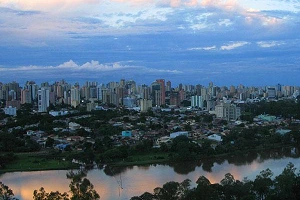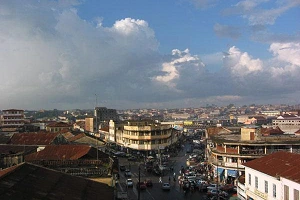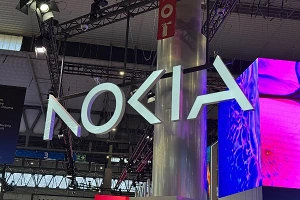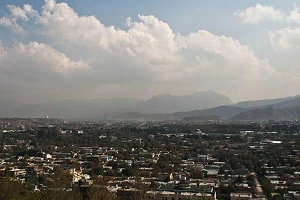Equatorial Guinea hits out at foreign banks as service outages loom
- Details
- Category: Optical & Fixed Networks
- 4783 views

Equatorial Guinea could see its internet services disconnected in as little as two weeks if it fails to make outstanding payments to its bandwidth providers.
News agency Ecofin reported that the country’s government acknowledged last week that service interruptions could be imminent. Vice president Teodoro Nguema Obiang Mangue – the son of octogenarian president Teodoro Obiang Nguema Mbasogo, who has held power since 1979 – argued that the Central Bank of Central African States (BEAC) and Central Bank of France had not authorised payments on behalf of state-owned infrastructure management firm Gestor de Infraestructuras de Guinea Ecuatorial (GITGE), leading to the delay in payment.
The VP said via Twitter: “if the Central Bank of France does not authorise transfers via the BEAC [Central Bank of Central African States] for the payment of optical fibre in the country, in two weeks Equatorial Guinea will be without internet”.
The Central Bank of France imposed foreign exchange regulations on the BEAC in April 2019. ITWeb Africa reported Mangue as claiming that this had slowed development within the Central African Economic and Monetary Community (CEMAC), which includes Cameroon, Chad, Central African Republic, Congo, Gabon and Equatorial Guinea.
Mangue said that he had asked the Prime Minister Francisco Pascual Obama Asue to find “an immediate solution to this problem” by creating a dedicated commission. Capacity Media reports that this intervention averted disaster, with GITGE reportedly stating that the move had allowed it to “guarantee the service and normalise services.”
Equatorial Guinea receives connectivity from the ACE (Africa Coast to Europe) cable system, and is involved in both the SAIL (South Atlantic Inter Link) consortium and the CAB (Central African Backbone) initiative. The country has a population of 1.47 million, of which 386,600 have internet access, placing its penetration rate at around 26%.



























